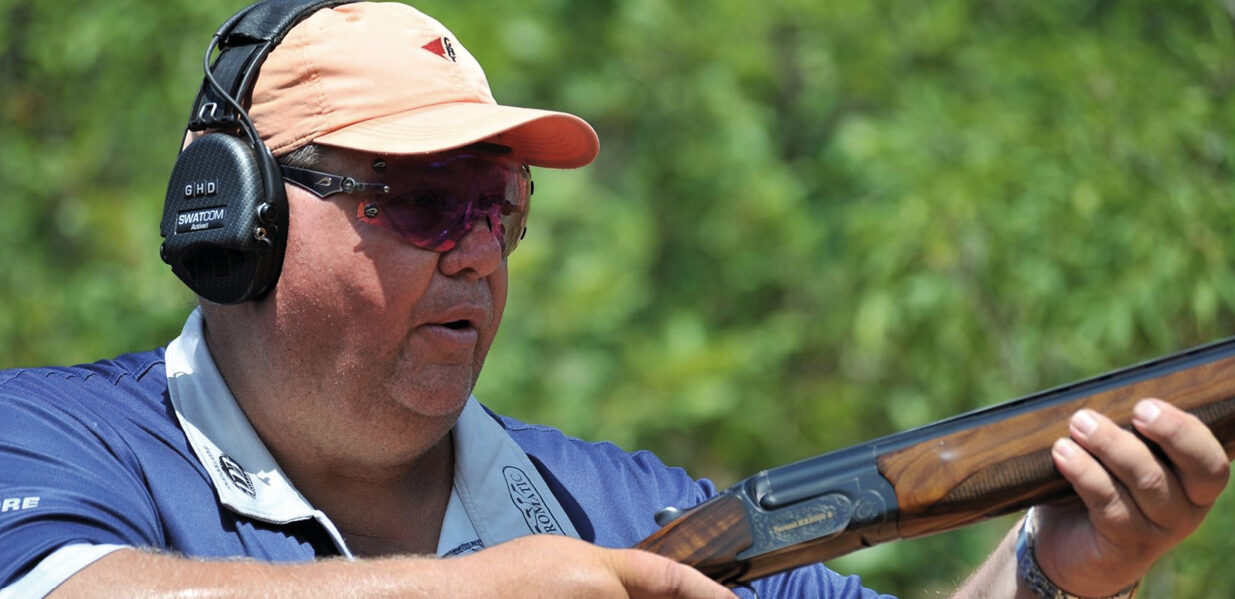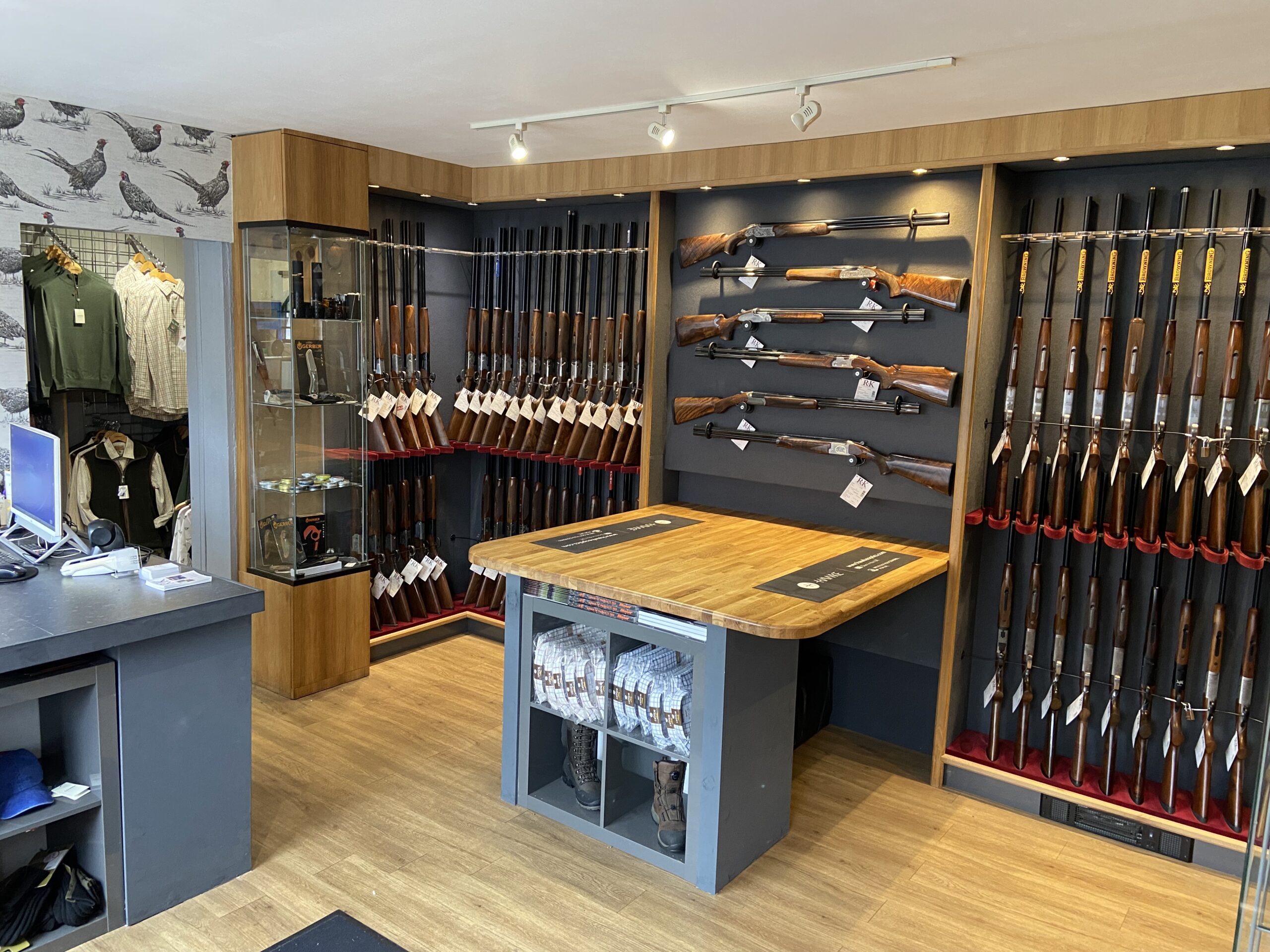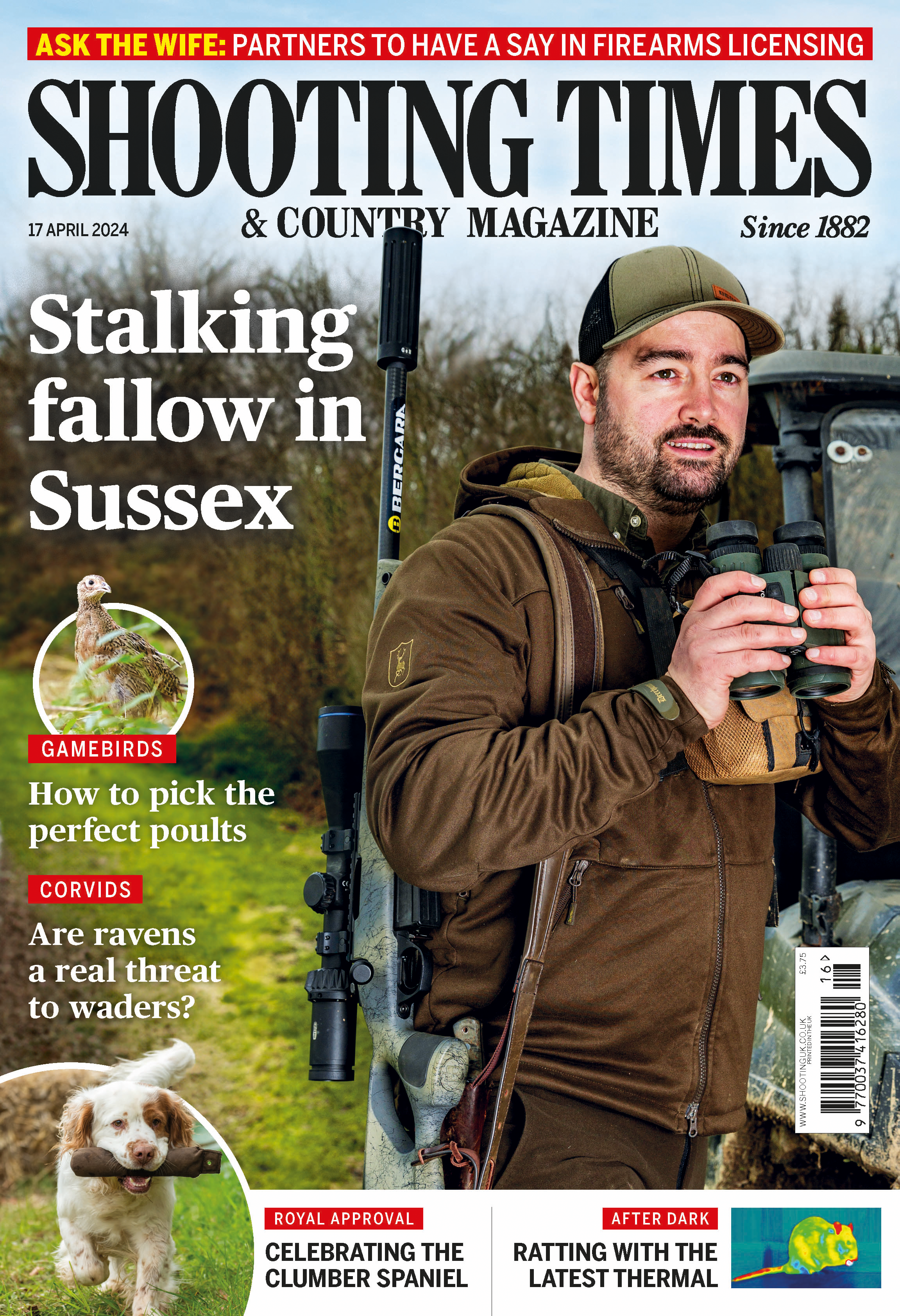BASC chief executive Richard Ali’s first year
Licence fees, a new PACEC report, working with FACE and the Lead Ammunition Group. It's been a busy first 365 days for BASC chief executive Richard Ali.

By Helena Douglas
Richard Ali describes his first year as BASC chief executive as energising, fast-moving and busy.
“The one-year anniversary has come round quickly and it really doesn’t seem like I’ve been here for 12 months,” he says. “We have had a lot to do and we have achieved a great deal.”
Those achievements include internal reorganisation, work on firearms licensing fees, and taking the lead in commissioning the new PACEC report on the value of shooting to the UK economy. But Richard acknowledges there is still much to do.
“If there is one negative to the past 12 months, it’s the realisation that there is still a huge amount to do. But having said that, we have put solid foundations in place.”
A new broom at BASC
Staff-wise, BASC is putting more boots on the ground in its regions with the appointment of new officers in the north-west, central England, London and the northern Home Counties. A major reorganisation is underway in Wales with a new director working from head office near Wrexham, and also leading its Sporting Services department, which works to ensure high standards and deliver training.
Stephen Curtis, a former senior police officer, has been appointed head of HR and operations, bringing experience gained in strategic roles nationally and internationally, including working as United Nations police commissioner in Kosovo.
The reorganisations have, for the most part, been met positively by staff, but Richard has no truck with anyone who expects things to stay the same.
“With BASC council’s high expectations and with me in this role, it is not business as usual,” he says firmly. “It is all change and the year to come is about motoring forward further and faster.”
Timely research
Robust words indeed, but this approach is exactly what shooting needs and Richard has, since day one, insisted that shooters and shooting organisations must be positive about promoting the sport. To this end, BASC has brought together a partnership of 17 organisations to compile the second PACEC report – a comprehensive analysis of shooting’s economic, conservation and social contribution to the UK. The previous report, published eight years ago in 2006, found that shooting generates £1.6 billion for the economy each year.
“During my interview process I asked how often these reports were done, and was told every 10 years. But I pointed out that we have a fixed five-year parliament and that 2016 may be a bit late. So we decided to push to do it this year, allocated funding and talked to the other organisations, all of which said yes.
“BASC is now managing this and we’ve had great support, which shows that organisations with an interest in shooting are willing to work together. The results are due to be published in the autumn and I am certain they will go a long way to showing what a significant contribution shooting makes to both conservation and the economy.”
Head-to-head with European bureaucrats
In Europe, BASC is working with the umbrella Federation of Associations for Hunting and Conservation (FACE) on issues such as an attempt by the EC to re-open the Firearms Directive in the belief it will reduce criminal gun violence in Europe. It is also working to ensure the UK government is aware of such proposals.
“It is a sad indictment when commission officials are able to get away with spending resources on areas they have no competence for and shouldn’t be involved in,” says Richard.
Victory on licence fees
At home, policy successes over the past year include BASC’s work to stop an increase in firearms licensing fees.
Richard says: “Our work helped to prevent a significant increase being rushed in this year without due transparency and accountability. A further rise would have followed next year. This is a major achievement for the whole organisation. The proposed rise was being introduced without following proper process, so we are pleased our intervention has worked.”
On the subject of police firearms licensing, Richard wants to see a commitment from all forces to continuous improvement in the licensing process.
“So far improvement has been patchy and there are still differences in competence among forces, which comes down to implementation and management of national guidelines and good practice.
“We have also suggested the introduction of 10-year licences, which would reduce the administrative burden and costs to the police. However, while we are seeing positive improvements in some constabularies, we have also seen licensing enquiries from members to our expert firearms team rise by some 20 per cent to 600 a month.”
The lead shot situation
Richard is clearly a stickler for following due process, which he says is crucial to determining workable, evidence-based policies.
“If proper process is not followed then the resulting policy could be anything – and the philosophy of following process links into everything we do. So we make sure what we produce and decide is evidence-based, soundly backed up by science and only then will we come to a position.”
Process is also vital to the work of the Lead Ammunition Group, an independent body looking at the scientific evidence on potential risks from the use of lead ammunition and how any risks can be best managed.
Richard says: “For a group that has disparate outside interests it appears to be following processes correctly, which is vital. We think the LAG will get to the bottom of where we are on lead and when it comes out with its conclusions and recommendations, we will look at them. But until then BASC stands by its statement of ‘no sound evidence, no change’.”
Rising numbers and extra member benefits
BASC membership has also risen to 135,000 this year, showing an accelerated rate of growth, which Richard believes is down to BASC’s achievements, plus the services and benefits it offers to members. New members are being attracted with new initiatives such as reduced membership fees for Young Farmers – people who will provide shooting opportunities in the future.
Membership benefits have been bumped up, too, with a range of discounts on 4×4 vehicles and with big-name retailers.
As for encouraging shooters who are not members of BASC or any other organisation, Richard is forthright.
“I want people to understand that by not joining they are failing to support shooting. I would hope that as people see BASC doing more, they will realise they have a responsibility as shooters and will join so they can contribute to the defence, development and promotion of their sport.”
A fast pace of change
As he starts into year two as the head of the UK’s largest shooting organisation, Richard’s key aims for the next 12 months are better benefits for BASC members, continuing development and accelerating change.
“A lot of our work this coming year will be about ensuring we can move faster. The future really is about accelerating and about people knowing that BASC does what is says on the tin. That will be the real measure of success. The biggest danger would be to stop that acceleration and to stop improving – but with me here that absolutely won’t happen.”








